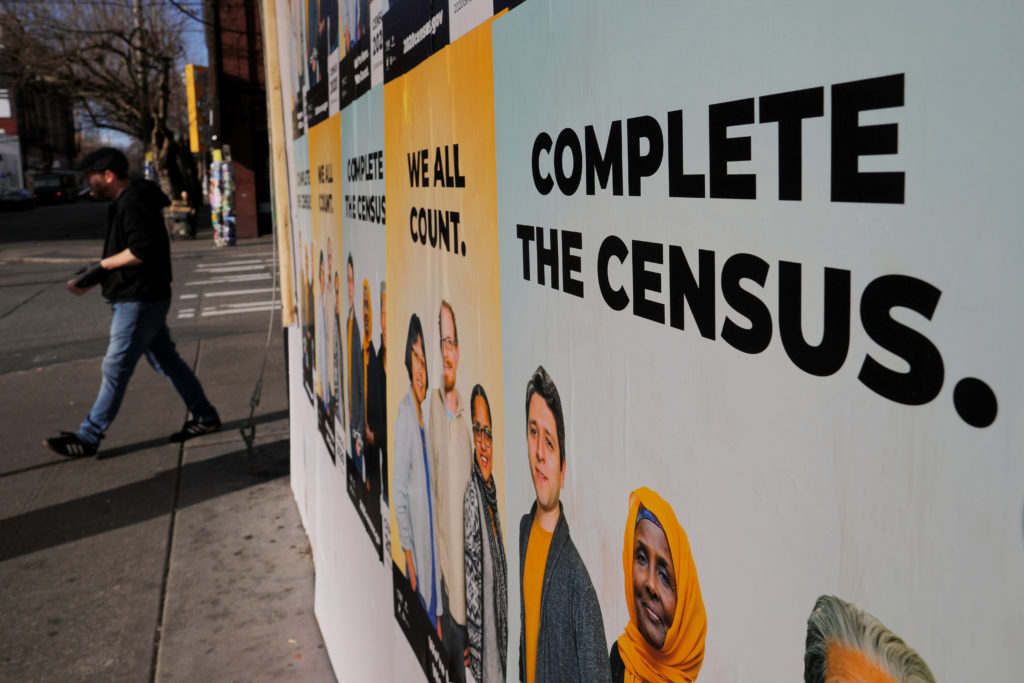India’s 16th Census Delayed Due to Pandemic
The COVID-19 pandemic has disrupted India’s detailed preparations for its 16th census, which was initially set to be conducted in 2021. This nationwide population count, conducted every ten years, serves as the backbone for allocating resources, formulating policies, and analyzing vital demographic shifts. Yet, due to the pandemic’s impact on logistics and public health, the census has been postponed indefinitely, casting doubt on when it will eventually take place.

The Importance of Census: A Nation defined
The most recent census, conducted in 2011, reported India’s population at an astonishing 1.21 billion. This information has served as a fundamental element for strategic planning in all government sectors.
The Census data determines how essential services like healthcare, education, and infrastructure are funded. Knowing the population distribution and composition allows for targeted resource allocation, ensuring areas with higher populations or specific needs receive adequate support. It also provides a compass for formulating national and regional policies. It helps policymakers understand demographic trends, such as aging populations or rural-urban migration, and tailor policies accordingly.
Further, Census data allows policymakers to track demographic changes, like birth and death rates, and their impact on the country’s development trajectory. It helps measure progress towards social and economic goals by revealing trends in literacy, employment, and living standards.

Potential impacts of the delay
Without updated population data, allocating resources accurately becomes difficult. Areas with higher population growth might not receive adequate funding, hindering their development. Decisions in areas like healthcare, education, and infrastructure development might lack the precision that an updated census would provide.
For example, without knowing the exact number of school-aged children, planning for new schools might be inaccurate. The lack of recent data creates uncertainty in long-term planning for various government agencies.
India’s Population Boom
According to the estimates and projections from the United Nations Department of Economic and Social Affairs (UN DESA) published in April 2023, India’s population surpassed China’s sometime around that month. This marks a significant shift in global demographics, with India becoming the world’s most populous country.
While the official 16th census in India, originally planned for 2021, has been postponed due to the COVID-19 pandemic, these estimates provide valuable insights into the changing demographic landscape. Conducting the census as soon as feasible will be crucial for obtaining precise data on this new reality and its implications for India’s future.

A Balancing act for India’s Future
The Indian government must take into account the pandemic situation and logistical hurdles before restarting the census. Furthermore, it is essential to consider the legal consequences of postponing the census, as certain laws and policies depend on the data gathered every ten years.
The postponement of India’s 16th census highlights the pandemic’s far-reaching disruptions. While the delay presents challenges, it underscores the importance of public health and data accuracy. Resuming the census at an appropriate time with proper safety measures in place will be essential for ensuring effective resource allocation and informed policy formulation for India’s future. The data gleaned from the census will provide a clear picture of the evolving demographics and pave the way for India’s continued development.



